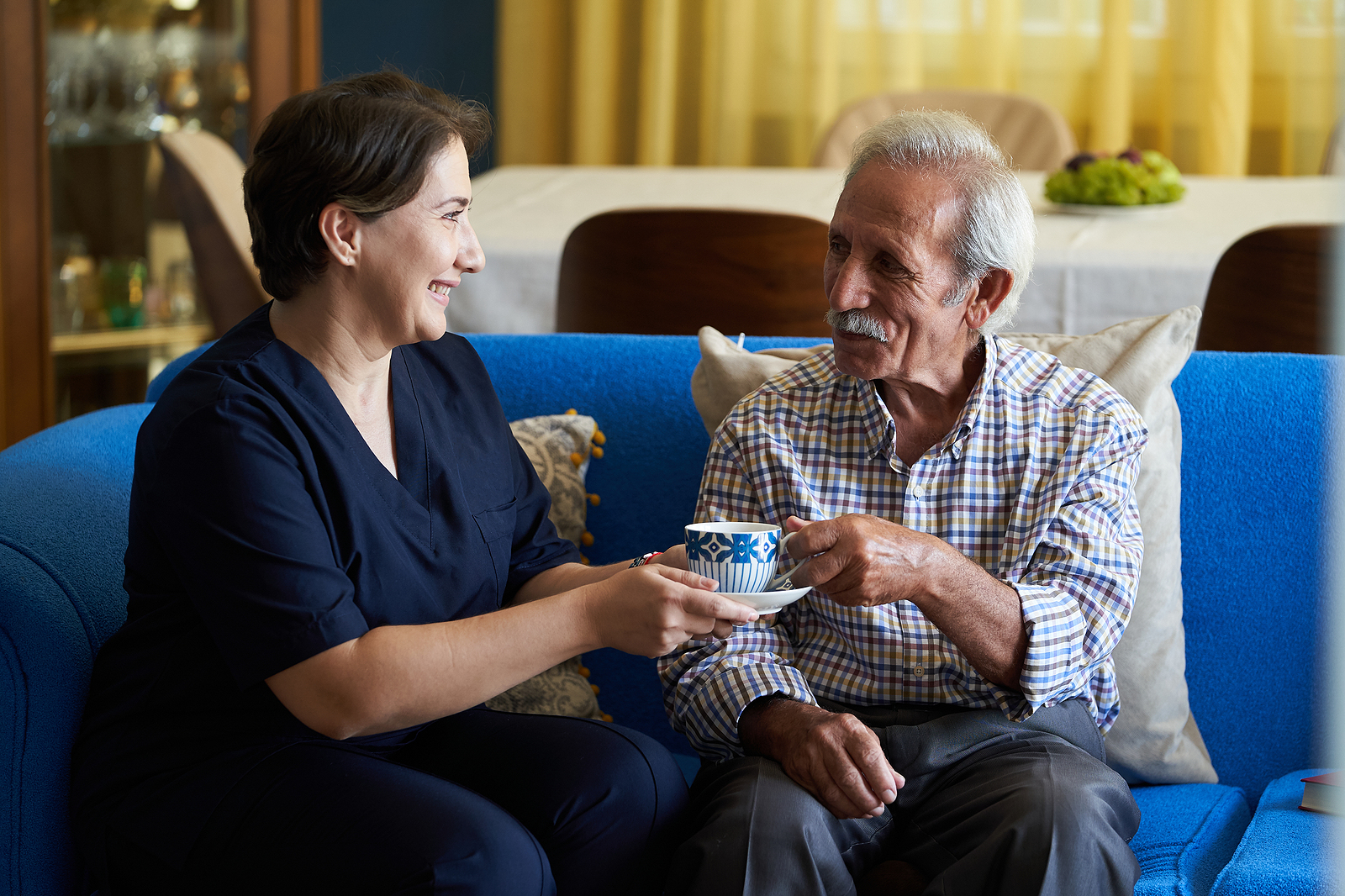The Importance of Being Honest with Yourself in Your Family Caregiver Role
Category:

Home Care in Queens, NY
Honesty is something that matters in all relationships, and it is likely you expect honesty from everyone you engage with, including your elderly parents. When it comes to your caregiving responsibilities, however, you may be failing to extend this honesty to yourself. Stepping into the role of a family caregiver for elderly parents presents a variety of challenges and can bring up difficult emotions, illuminate weaknesses you were not aware you have, and force you to confront limitations and needs for assistance that you may not be willing to admit. While these issues are emotionally challenging, if you do not face them fully, you can put the effectiveness of your caregiving responsibilities at risk.
When it comes to being a family caregiver for your elderly parents, it is essential that you enter into the relationship being honest with yourself and continue to maintain this honesty throughout the time you care for your parents. This way you are always aware of the quality of the care you provide and ensure your parents get what they need to live the quality of life they deserve.
Some of the ways you need to show honesty with yourself include:
• Know your limitations. When you notice that your aging parents need care and assistance to help them age in place safely, it is easy to want to take absolute control of the situation and take on all of the necessary care tasks. If your parents require extensive care, however, it is unlikely you will be able to handle it all yourself. Knowing your physical and time limitations allows you to be honest with yourself and your parents about how much care you can realistically give.
• Know their needs. No child wants to admit that his parents are getting old or are no longer able to take care of themselves. Minimizing the situation or ignoring signs, however, can put your parents at risk. Being honest with yourself about the physical, cognitive, emotional, and medical challenges your parents face on a daily basis makes it possible for you to evaluate their care needs, recognize areas where gaps between these needs and your abilities exist, and plan for supplemental care such as a referred caregiver.
• Know your emotional abilities. Some of the demands placed on a family caregiver are intense and can be extremely emotionally difficult. You may enter into the care relationship thinking you can handle all of these demands without a problem, but then when they actually come up you find that you are not equipped to take them on. Bathing your parents, for example, or helping them with the toilet, may be too sensitive and even embarrassing for you to handle. You may also find it too hard to cope with combativeness or memory loss that comes with Alzheimer’s disease or dementia. Being honest with what you can and cannot handle emotionally puts you in a stronger position of being able to establish the care your parents need to remain safe and healthy so you can remove yourself from these too-difficult situations and focus instead on your loving relationship with them.
Being honest with yourself is one of the most important things you can do to combat family caregiver stress and ensure your parents get the nurturing, compassionate care they need and deserve. Even if this honesty means having to recognize you cannot handle everything on your own and need to look for help, taking the step to confront these realizations now lets you move forward so you and your parents can experience a higher quality of life. Get in touch with the home care referral company in your area to discuss the challenges you are facing and let them give you recommendations for supplemental care and support to guide you to a better care relationship.
Subscribe
Date: April 25, 2019
Category:


